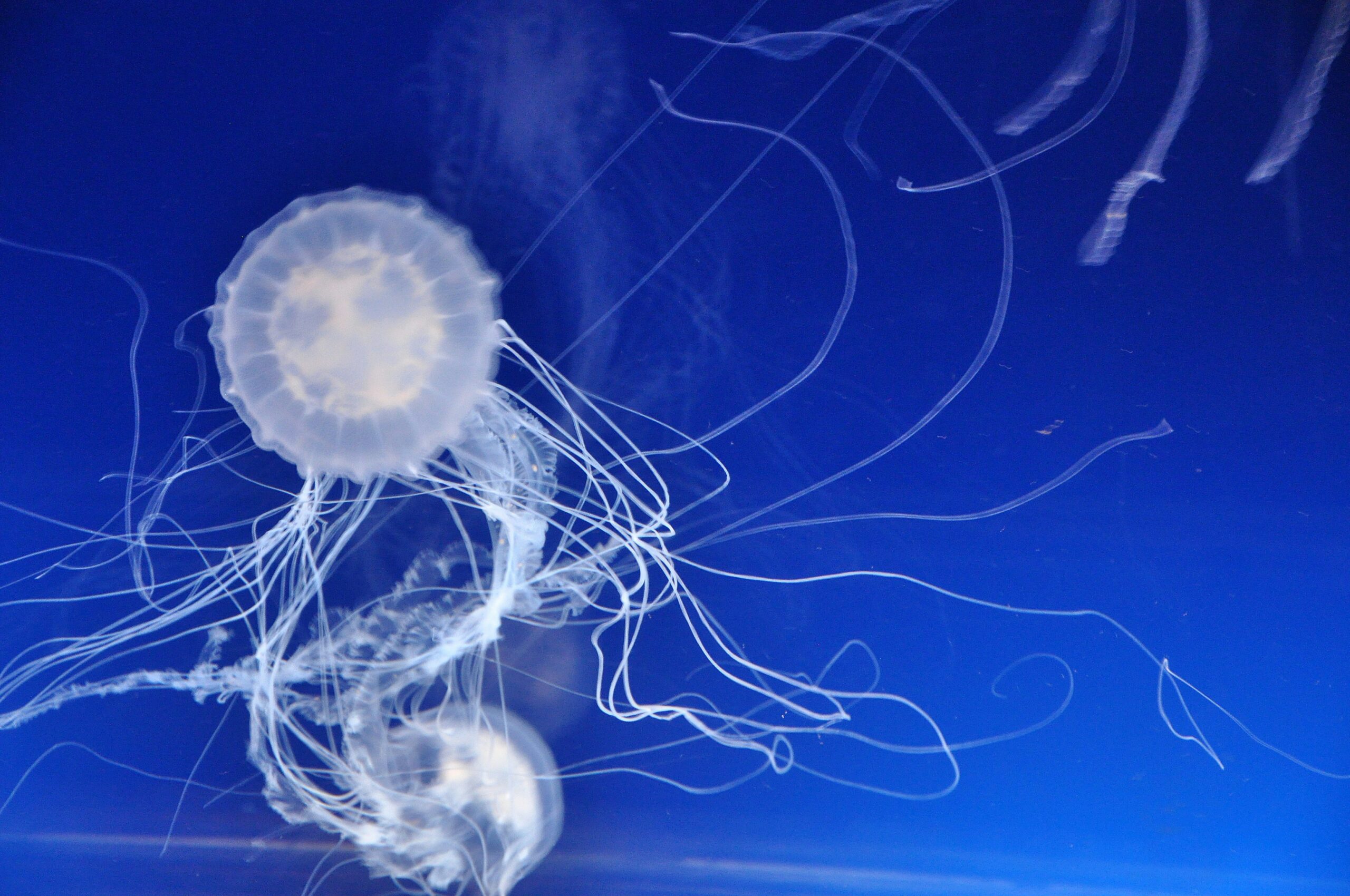
Jellyfish Swarm Shuts Down French Nuclear Plant Amid Climate Concerns
In an unusual environmental setback, a swarm of jellyfish has forced the temporary closure of four reactor units at one of France’s largest nuclear power stations, the Gravelines Nuclear Power Plant, located on the English Channel. This incident underscores the growing impact of climate change on marine life and its cascading effects on key infrastructure.
Immediate Effects on Nuclear Facility
The shutdown occurred sequentially with three units ceasing operations on Sunday evening and the fourth on early Monday, as reported by the French energy group Electricite de France (EDF). According to EDF, the shutdowns were triggered by the accumulation of jellyfish at the plant’s water pumping stations, which are critical for cooling the reactors. Despite the shutdown, EDF assures that there is no imminent risk to plant safety, its personnel, or the environment.
Broader Environmental Implications
The Gravelines plant, which draws cooling water from a canal connected to the North Sea, has been increasingly facing challenges linked to marine life due to rising sea temperatures. The region has reported a noticeable increase in jellyfish populations, a trend that has been exacerbated by climate change and the introduction of invasive species. The Bulletin of the Atomic Scientists has noted that such incidents are known yet sporadic, with significant economic implications due to the downtime and maintenance required to clear such biological blockages.
Innovative Solutions and Future Outlook
Scientists and marine biologists are exploring innovative strategies to mitigate such disruptions, including the deployment of drones to map and predict jellyfish movements. Derek Wright, a marine biology consultant with the United States National Oceanic and Atmospheric Administration, explains that warmer waters extend the reproductive cycle of jellyfish, increasing their populations. Efforts are also underway to understand the ecological impact of invasive species like the Asian Moon jellyfish, which has been implicated in similar shutdowns globally.
Impact on Local Ecosystem and Energy Supply
The local ecosystem has been altered by not only climate change but also human activities such as overfishing and pollution, which contribute to the thriving conditions for jellyfish. While EDF has confirmed that the shutdown will not lead to a power shortage, thanks to diversified energy sources including solar power, the incident highlights the interconnectedness of environmental health and energy security.
Conclusion
This incident at the Gravelines Nuclear Power Plant serves as a stark reminder of the unforeseen ways in which climate change continues to affect our world, prompting a need for more resilient infrastructure and proactive environmental management. As the world grapples with the dual challenges of energy security and environmental sustainability, the role of nuclear power within this dynamic is sure to be a topic of ongoing discussion and innovation.


